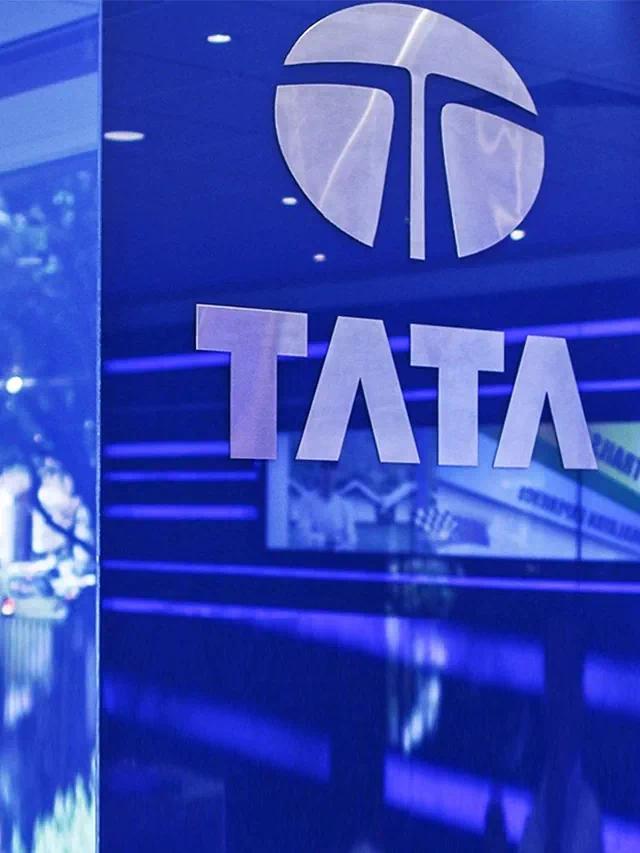Some of the early companies that could be considered startups in India include Infosys, which was founded in 1981 and is now a global technology giant, and WIPRO, which was founded in 1945 and also became one of the major players in the Indian IT Industry. The startup ecosystem in India has grown significantly in recent years. The country is now home to a large number of startups working in a wide range of industries, including technology, healthcare, education, and e-commerce.
The Indian government has also been supportive of the startup ecosystem, with initiatives such as the Startup India program aimed at promoting entrepreneurship and providing funding and other support to startups. Additionally, India’s large and rapidly growing population, along with its rapidly developing economy, has made it an attractive market for startups to launch and grow their businesses.
Overall, the Indian startup ecosystem is an exciting and dynamic space, with many opportunities for entrepreneurs to innovate and succeed. The Indian startup ecosystem has been growing rapidly in recent years, with a large number of startups being founded and gaining traction across a wide range of industries.
There are several companies that could be considered as early startups in India. Some of the notable ones include.
- TATA Group: Founded in 1868, TATA Group is one of India’s oldest and largest conglomerates. It operates in a wide range of industries including steel, automobiles, and software services.
- Bharat Heavy Electricals Limited (BHEL): Founded in 1964, BHEL is a public sector undertaking that is involved in the design, engineering, and manufacture of a wide range of heavy electrical equipment.
- ICICI: ICICI Bank was founded in 1994, and it was the first Indian bank to provide internet banking services, it was also the first Indian bank to list on the NYSE.
Factors that have contributed to the growth of the startup ecosystem
- Increase in funding: Indian startups have been able to raise significant funding from venture capital firms, angel investors, and other sources. This has helped startups to scale their operations and expand into new markets.
- Government support: The Indian government has been supportive of the startup ecosystem, with initiatives such as the Startup India program aimed at promoting entrepreneurship and providing funding and other support to startups.
- Talent pool: India has a large pool of talented engineers, developers, and other professionals, who are well-suited to work in the technology-driven startup ecosystem.
- Growing consumer market: India’s large and rapidly growing population, along with its rapidly developing economy, has made it an attractive market for startups to launch and grow their businesses.
- Innovation: Startups in India are working on solving problems that are specific to India and also coming up with innovative solutions to global problems. This innovation is attracting the attention from global investors.
- Rise of niche industries: Startups in India are now focusing on niche industries like agriculture, healthcare and education, which were not traditionally seen as startup-friendly sectors.
- Digitalization: The growth of the internet and mobile technologies in India has enabled startups to reach a larger customer base and provide innovative digital services. This has been especially beneficial for startups in sectors such as e-commerce, fintech, and edtech.
- Entrepreneurial culture: There has been a growing culture of entrepreneurship in India, with more and more people viewing starting a business as a viable career option. This has led to an increase in the number of startups being founded and a growing support system for entrepreneurs.
- Mentorship and incubation: There are now a large number of organizations and programs that provide mentorship, incubation, and other support to startups. These resources have helped startups to navigate the early stages of their business and to grow their companies more quickly.
- Globalization: Indian startups are now looking to expand beyond their domestic market and target global customers. This has been helped by the growth of the internet and by the increasing number of Indian professionals who have experience working in global companies.
- Mergers and Acquisitions: With the growth of the ecosystem, the number of mergers and acquisitions (M&A) has also been increasing. This has helped startups to grow quickly and also enabled investors to exit their investments.
- Social Impact: Many startups in India are now focusing on solving social problems and creating positive impact on society. This has led to the rise of social enterprise startups and impact investment funds.





